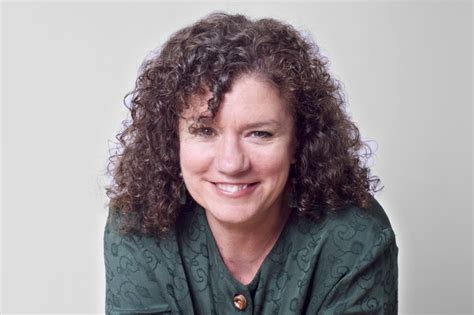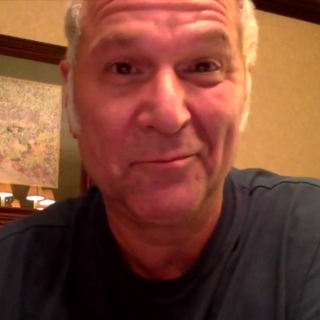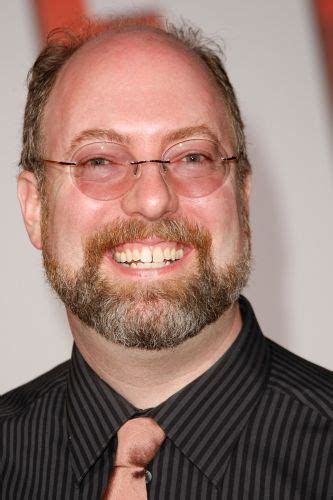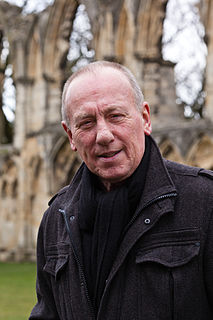A Quote by Kenneth Branagh
Music and language are a vital element. We, as actors and directors, offer it to people who want to experience it. Sometimes the actual meaning is less important than the words themselves.
Related Quotes
There is a documentary element in my films, a very strong documentary element, but by documentary element, I mean an element that's out of control, that's not controlled by me. And that element is the words, the language that people use, what they say in an interview. They're not written, not rehearsed. It's spontaneous, extemporaneous material. People
I have a problem with writer/directors, personal. I can't work well with both of them on the set, if both of them are giving instructions. Writers tend to be in love with what they wrote. You can't always translate the words into the meaning, sometimes the meaning is better served without the words, difficult to make a writer to try to understand that. It gets, sometimes, tense.
The songs themselves sometimes have messages and people can read into them different ways, but I try to use concerts as a way to gather people and then have information there. I think that's important to find that balance, a way to be able to turn people on to things at the shows, but also just have it be an entertainment experience for people who just want to hear music and dance and don't want the extra stuff.
I'm chasing a kind of language that can be unburdened by people's expectations. I think music is the primary model-how close can you get this language to be like music and communicate feeling at the base level in the same way a composition with no words communicates meaning? It might be impossible. Language is always burdened by thought. I'm just trying to get it so it can be like feeling.
To demarcate [words in way that changes the meaning] is simply to speak a different language than everyone else. And I do not accept semantic games like that. [...] We need to use words as they are actually used and understood. We can correct errors and inconsistencies and make distinctions. But we can't try to foist an alien language on people.
Rather than thinking of sound and sense in my essays as two opposing principles, two perpendicular trajectories, as they are often considered in conversations around translation, or even as two disassociated phenomena that can be brought together to collaborate with more or less success, I think of sound as sense. Sound has its own meaning, and it's one of the many non-semantic dimensions of meaning in language. I want to emphasize is the formal dynamic between language-as-information and language-as-art-material.
Of course, even if the directors like my ideas or the designs I do, they may end up changing the story so much, that those characters have to change, or get cut out altogether, and that's just the way it is. Sometimes the directors are designers themselves, or they want to work with a character designer who will do things in their own distinct way - sometimes the most important thing I do is figure out what they don't want to do, by experimenting. Either way, whether they use my ideas or not, I get paid, so it's all good.
Contemporary poetry ... tries to transform the sign back into meaning:
its ideal, ultimately, would be to reach not the meaning of words, but the
meaning of things themselves. This is why it clouds the language, increases
as much as it can the abstractness of the concept and the arbitrariness
of the sign and stretches to the limit the link between signifier and signified.



































